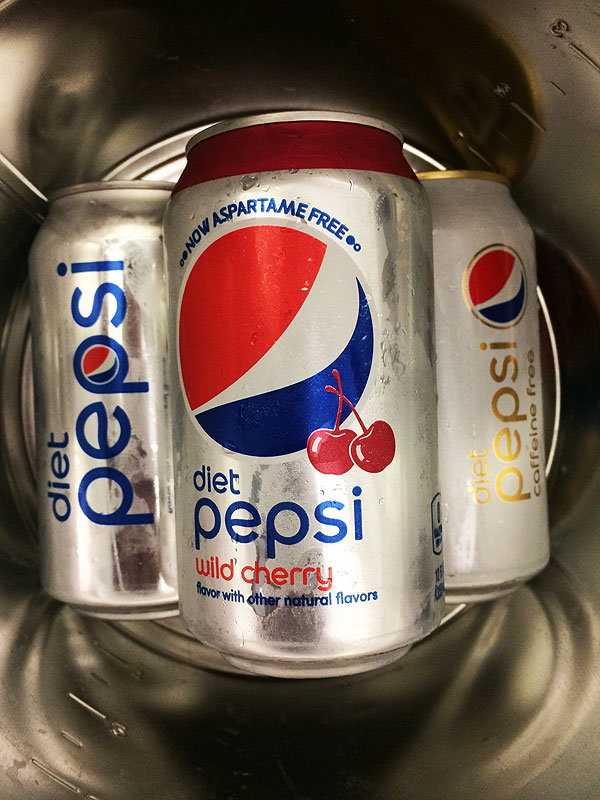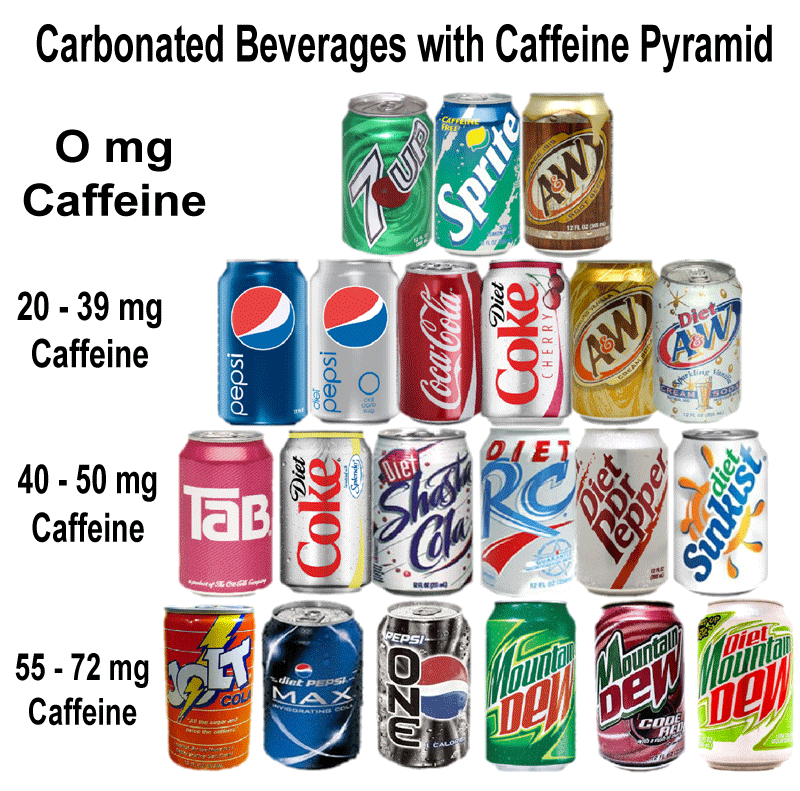

Women were censored after their first pregnancy loss to avoid reverse causation bias resulting from behavioral changes which may occur after experiencing an adverse outcome. Participants contributed eligible pregnancies until their first pregnancy loss or the end of follow-up.

Women were eligible for this analysis if they had no history of pregnancy loss in 1991 and reported at least one pregnancy during 1992–2009.

Response rates for each questionnaire cycle have exceeded 90%. Diet was first assessed in 1991 and has been updated every 4 years thereafter.
#CAFFEINATED SODA UPDATE#
Questionnaires are distributed every 2 years to update lifestyle and medical characteristics and to capture incident health outcomes. We used data from the Nurses’ Health Study II (NHS2), an ongoing prospective cohort of 116,480 female nurses, ages 24 to 44 years at the study’s inception in 1989. Therefore, we sought to expand on the existing research by evaluating the association of pre-pregnancy caffeine and caffeinated and decaffeinated beverage intake with spontaneous abortion in a large, prospective cohort of women in the United States. study, also from Denmark, involved 5,132 women, but only included pregnancy planners, raising questions about generalizability given that than half of pregnancies in the US are unplanned and the known links between pre-pregnancy health behaviors, pregnancy intention and pregnancy outcomes. study from Denmark included 1,381 pregnancies but recorded a mean daily caffeine intake of almost 500 mg (more than twice the average intake of American woman ) and <1% of their women reported no coffee consumption. While the two other studies were much larger, the generalizability of their results to the US population is questionable. Out of the 5 studies that have enrolled women prior to pregnancy, three have been limited by small sample sizes (n= 171, 575, and 113). Many previous studies on pre-pregnancy caffeine intake and miscarriage have enrolled women during early pregnancy and inquired about caffeine intake retrospectively prior to the interview, raising concerns about differential left truncation and recall biases. As the majority of pregnancy losses occur very early in gestation, pre-pregnancy caffeine consumption is of research interest as this may be a relevant time window of exposure for these early losses. While a recent meta-analysis concluded that for every 100 mg/day increment in maternal consumption of caffeine during early pregnancy, the risk of SAB increased by 14%, the evidence on pre-pregnancy consumption of caffeine and risk of pregnancy loss is less clear. Studies on maternal caffeine consumption and risk of spontaneous abortion (SAB) have been conducted since the 1980s and stands as the most heavily researched dietary factor in regards to pregnancy outcomes.


 0 kommentar(er)
0 kommentar(er)
